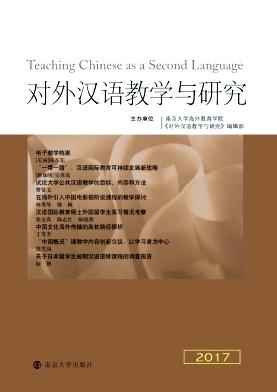Starting Points in Critical Pedagogy (Review)
引用次数: 0
Abstract
The spirit of today’s time is that much needs fixing in the world. From the climate crisis to children being deprived of a quality education, international organizations often seek to develop ways to improve life for global citizens. This is also true within applied linguistics, as special interest groups in teachers’ organizations such as IATEFL and TESOL International have sought to establish more accessible and equitable access to language education. One such barrier to equity in language pedagogy is an overly single-minded focus on language proficiency, which many are resisting in favor of a holistic stance that instead seeks to ask questions about what works well in our communities and how society can be improved. From this position, Starting Points in Critical Language Pedagogy is a timely book, introducing beginning and experienced teachers to the concept of critical language pedagogy and inviting readers to evaluate the status quo.批判教学法的起点(回顾)
当今时代的精神是,世界上有许多问题需要解决。从气候危机到儿童被剥夺优质教育,国际组织经常寻求改善全球公民生活的方法。在应用语言学中也是如此,因为教师组织中的特殊兴趣小组,如国际英语教师协会和国际英语教学协会,已经寻求建立更容易获得和公平的语言教育机会。语言教学公平性的一个障碍是过于单一地关注语言能力,许多人都在抵制这种关注,而倾向于一种整体的立场,而不是寻求问问题,什么在我们的社区中运作良好,以及如何改善社会。从这个角度来看,《批判语言教学法的起点》是一本及时的书,它向初学者和经验丰富的教师介绍了批判语言教学法的概念,并邀请读者对现状进行评估。
本文章由计算机程序翻译,如有差异,请以英文原文为准。
求助全文
约1分钟内获得全文
求助全文

 求助内容:
求助内容: 应助结果提醒方式:
应助结果提醒方式:


